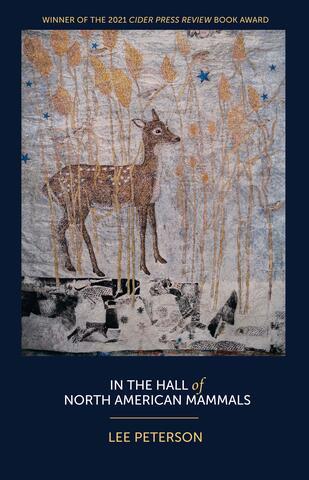
I am a bit of a trash bird and love collecting odd things—a little taxidermied turtle I’ve named Tertullian, century-old birthday books filled with the soft cursive of strangers, quack medicine almanacs, a yellowed trade card where a burning Joan of Arc sells bouillon. One of my favorite things is a Morrell Pride calendar from 1938. At the top of each calendar page is a beautiful and elaborately painted scene from one of Shakespeare’s plays, while at the bottom of each page there is a beautiful(?) painting of cooked ham, butter, deli meats, canned chili, liver cheese, lard, or pork sausage. It is the incongruity that I adore, the juxtaposition between the lofty and the mundane and the unappetizing. My calendar was once used by a small-scale farmer, its pages filled with notes like “spotty cow due 27,” “Thursday church 3rd,” “locked up 20 chickens June 11. of 2 lb each,” “currled Ms. hair 17,” and “first frogs heard April 10.” When I examine that calendar, however, I find myself turning again and again to the month of March where a seated, cross-armed Calphurnia scolds an impassive Caesar above cans of sandwich spread and gelatinous meat. Here, in a crabbed and hasty hand, the farmer has written:
There is something so aching about those three spare lines which register tenderness and beauty and surprise and loss. Which somehow register an entire life.
It is what draws me to that calendar page that also draws me to Lee Peterson’s most recent poetry collection, In the Hall of North American Mammals (2023). Many of Peterson’s poems reimagine the children’s classic, Mirette on the High Wire (1993), and the collection itself walks a high wire, tentatively navigating the space between the mythic and the ordinary. The world of In the Hall of North American Mammals is the world of fairytale, of motherhood, of the Mid-Atlantic. Threats appear everywhere: night terrors, feral landscapes of wolves and witches, the precarious miracle of a child growing up and turning away. Despite its nightmarish aspects, it is also a collection where warmth and fierce love abounds. In the Hall of North American Mammals is imperfect and deeply strange, but for all of that, because of all of that, it is one of the most strikingly brilliant collections that I have recently read. It is a collection that quietly and fully pulls you into another person’s life, nudges you to remember all that it means to be alive.
— Audrey Gradzewicz is from Buffalo, New York. Her poetry appears in such journals as Guernica, The Hollins Critic, Mid-American Review, Ninth Letter, Smartish Pace, and Thrush.
You can find Audrey Gradzewicz’s poetry in Issue 298 Winter 2024. Order the issue now:










